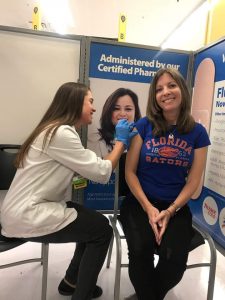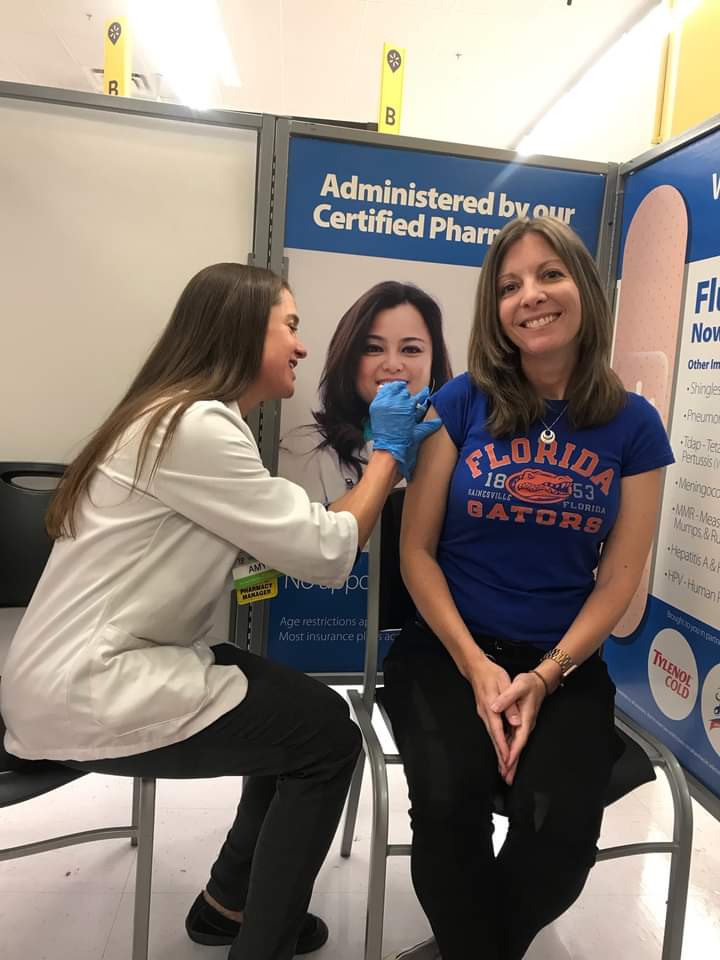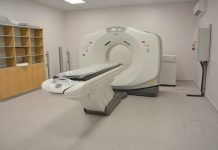Can a microbiologist become a pharmacist?
CAN A MICROBIOLOGIST BECOME A PHARMACIST?
Microbiology is the study of microscopic organisms, such as bacteria, viruses, achaea, fungi and protozoa. This discipline includes fundamental research on the biochemistry, physiology, cell biology, ecology, evolution and clinical aspects of micro organisms including the host’s response to these agents. It is the scientific study of micro organisms, those being unicellular, multicellular or acellular. Microbiology encompasses numerous sub-disciplines including Virology, Bacteriology, Protistology, Mycology, Immunology and Parasitology. Microbiology is a biological science course under the faculty of science in most universities. The number of years required for the award of the BSc. in Microbiology degree is 4 (four) years.

Pharmacy is the clinical health science that links medicine with chemistry and it is charged with the discovery, production, disposal, safe and effective use and control of medications and drugs. You can study Pharmacy in the university and receive a Bachelor of Pharmacy degree (B.Pharm) after 5 years of study in the university.
Yes, in Nigeria a graduate of Microbiology can apply for Direct entry or Post graduate entry to study Pharmacy. The knowledge gained studying Microbiology will definitely make studying Pharmacy easier. But note that easier does not mean easy, the student may find certain courses in Pharmacy less challenging especially those in the biological sciences such as virology, biochemistry and physiology but other areas such as the formulation sciences, anatomy and medical practices will still proffer some level of difficulty.
Most universities accept students with minimum of a 2nd class upper in relevant courses (Microbiology, Biochemistry, Anatomy, etc) for admission to study Pharmacy, some schools accept 2nd class lower but this reduces the chances of being admitted. Generally some of the requirements are while each university has unique criterion for admission, you need at least five ‘credit’ passes in English, Mathematics, Physics, Chemistry and Biology in not more than ‘two sittings’ at O’level to study Microbiology. It is also advisable to visit your proposed school of admission for enquiries. You can get admission by buy a Joint Admission and Matriculation Board Direct Entry Form (JAMB DE Form) or by writing a school specified exams like the MCAT or GRE (Not all schools) or going through interviews (Not all schools).
There is also the option of getting a Masters in Pharmacology from your first degree in Microbiology. Pharmaceutical Microbiologists who mainly work in quality control and assurance and in the Microbiological department of Pharmaceutical companies and their primary role to the quality of raw materials and freedom from harmful microbes. They also test the effect of manufactured drugs on microorganisms. Note that with a Masters degree in Pharmaceutical Microbiology, you are not a Pharmacist, cannot open a Pharmacy, cannot establish a pharmaceutical industry and cannot work in a Community Pharmacy.
Shyllon Olayinka Enoch, Undergraduate student of Biochemistry at Obafemi Awolowo University
Twitter; @blackpeggy103
This article is the intellectual property of www.nimedhealth.com.ng
























